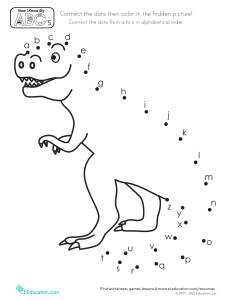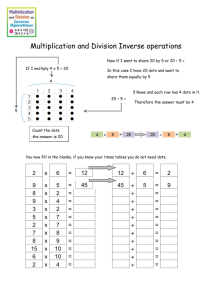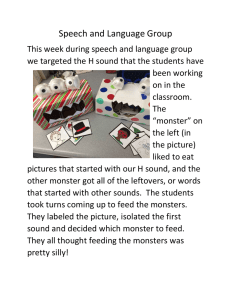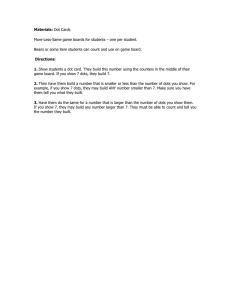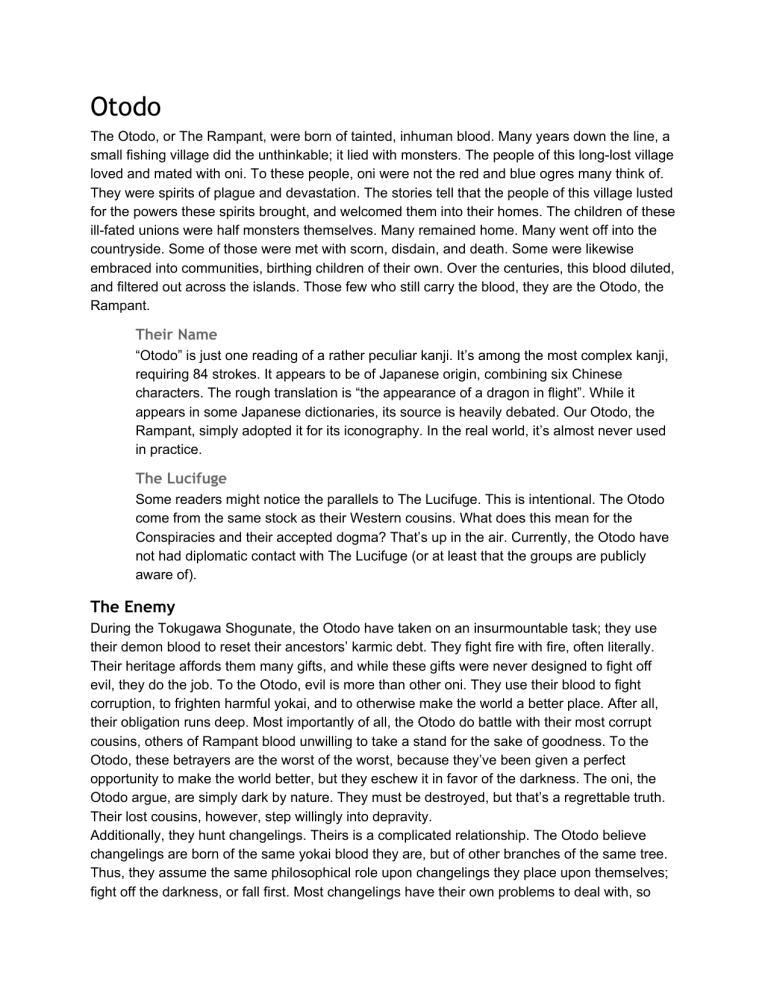
Otodo The Otodo, or The Rampant, were born of tainted, inhuman blood. Many years down the line, a small fishing village did the unthinkable; it lied with monsters. The people of this long­lost village loved and mated with oni. To these people, oni were not the red and blue ogres many think of. They were spirits of plague and devastation. The stories tell that the people of this village lusted for the powers these spirits brought, and welcomed them into their homes. The children of these ill­fated unions were half monsters themselves. Many remained home. Many went off into the countryside. Some of those were met with scorn, disdain, and death. Some were likewise embraced into communities, birthing children of their own. Over the centuries, this blood diluted, and filtered out across the islands. Those few who still carry the blood, they are the Otodo, the Rampant. Their Name “Otodo” is just one reading of a rather peculiar kanji. It’s among the most complex kanji, requiring 84 strokes. It appears to be of Japanese origin, combining six Chinese characters. The rough translation is “the appearance of a dragon in flight”. While it appears in some Japanese dictionaries, its source is heavily debated. Our Otodo, the Rampant, simply adopted it for its iconography. In the real world, it’s almost never used in practice. The Lucifuge Some readers might notice the parallels to The Lucifuge. This is intentional. The Otodo come from the same stock as their Western cousins. What does this mean for the Conspiracies and their accepted dogma? That’s up in the air. Currently, the Otodo have not had diplomatic contact with The Lucifuge (or at least that the groups are publicly aware of). The Enemy During the Tokugawa Shogunate, the Otodo have taken on an insurmountable task; they use their demon blood to reset their ancestors’ karmic debt. They fight fire with fire, often literally. Their heritage affords them many gifts, and while these gifts were never designed to fight off evil, they do the job. To the Otodo, evil is more than other oni. They use their blood to fight corruption, to frighten harmful yokai, and to otherwise make the world a better place. After all, their obligation runs deep. Most importantly of all, the Otodo do battle with their most corrupt cousins, others of Rampant blood unwilling to take a stand for the sake of goodness. To the Otodo, these betrayers are the worst of the worst, because they’ve been given a perfect opportunity to make the world better, but they eschew it in favor of the darkness. The oni, the Otodo argue, are simply dark by nature. They must be destroyed, but that’s a regrettable truth. Their lost cousins, however, step willingly into depravity. Additionally, they hunt changelings. Theirs is a complicated relationship. The Otodo believe changelings are born of the same yokai blood they are, but of other branches of the same tree. Thus, they assume the same philosophical role upon changelings they place upon themselves; fight off the darkness, or fall first. Most changelings have their own problems to deal with, so they’re not interested in taking up arms against monsters. This puts most at odds with the Otodo, which typically ends in bloodshed. Some learned to humor the Otodo. Some have even banded with the Otodo. Iron Clubs The signature weapon of the Otodo is an iron kanabo, a sort of vicious, knobbed truncheon about the size of a baseball bat. Most every Rampant owns one, even if she doesn’t prefer to use it in battle. Functionally, it’s a 3 Damage, Size 3 weapon, that gives ­2 Initiative, and requires 3 Strength. It also has the Stun special effect. Because of its pure iron manufacture, it causes aggravated wounds to changelings. Sometimes, the Otodo run across a truly legendary monster. These great dragons, kirin, and phoenixes look like men, but their souls quake with primordial terror. The Otodo respect these beasts, but believe they came into existence flawed, broken. By their very natures, these monsters attract would­be hunters, heroes out to slay them. While noble in purpose, these hunters lay waste to innocent people in their path. These hunters are a symptom, the monsters are the disease. Kill the monster, cure the symptom. Hunters You were raised in a house full of the Rampant. You’re a legacy hunter. You knew your purpose before you knew how to read. While other children in your village listened to folk stories of spirits and monsters with awe and wonder, while you were learning weak spots and just what metals to kill those spirits and monsters. It’s lucrative work; the working people of Edo pay well when faced with certain doom, and your specialty is averting certain doom. You were an orphan, moving from home to home, never knowing your heritage. That was, until one day a traveling vegetable hawker came to your orphanage and adopted you. He put you to work selling root vegetables, and telling you ghost stories. He would leave for days at a time, leaving you to manage the business. It was a hard life, but better than the orphanage. After a year, he told you why he adopted you; his cousin was your mother, and he couldn’t find you after she passed away. He said you’ve inherited a great responsibility, one greater than root vegetables. You were one of the family. You followed the path. You walked the Vigil. You still hunt on occasion. But mostly, you seek out the answers to why you hunt. You investigate, research, and work to uncover the truth behind your condition. You seek out experts, soothsayers, and ancient spirits in order to piece together this ancient puzzle. The Lonesome Road The Otodo only rarely settle. Most travel, because their natures can’t stay hidden forever. Despite honorable intentions, their dark powers unsettle average people. As Rampant blood spread across the islands, it also thinned. Now, the family is smaller even than when it was constrained to a small fishing village. So, they travel. They spread out. They do whatever’s in their power to sustain the line. They have sexual liaisons wherever they roam, and they keep meticulous track of offspring. When the Otodo meet at a crossroads, they share these notes, building an organic genealogy for the family. During these meetings, they sit and integrate their massive family trees. This means every active member of the family is expected to keep extensive records. Some travel with these records, some maintain a base of operations somewhere along their path where they can compile and archive their notes. Outside mentor/student relationships, the Otodo rarely work together for more than a single hunt. They more frequently work alone, or with other hunters. Otodo members typically adhere firmly to philosophical and religious doctrine as a way to maintain their Integrity, as Integrity is essential to control their dark gifts. Otodo Status Status in the Otodo affords family members the following benefits: • Accepting one’s responsibility in the Otodo affords the ability to learn Seitokuken gifts. ••• At this level of familial recognition, Otodo gain a dot each of Resources and Contacts, as their cousins give information and monetary favors at crossroads. ••••• The greatest of the Otodo have achieved a balance between their heritage and their human flesh. They gain the Unseen Sense Merit, but not restrained to a specific creature type. Stereotypes Ama­San: They work in their isolated places, doing great things for their communities. We’ll always give them aid where possible. Bijin : Their lot is a challenging one. That they devote themselves to both grace and bringing balance is admirable. The Gimu : Nobility. Bureaucrats. Their systems enable the devils to take root in power. It’s hard enough to fight demons without peasant militias on their side. The Hototogisu : Ruthlessly efficient. We’d have notes to share and lessons to learn from each other, if they didn’t wish to steal our birthright from under us. Malleus Maleficarum: They may have the best of intentions, but their methods do not work here. They embolden sleeping dragons, and make our work harder. Seitokuken The Otodo’s gifts stem from their ancestors’ unholy liaisons. Seitokuken, their birthright, reflects those gifts. Seitokuken is an Endowment rated from one to five dots. Each dot offers an additional gift of your choice. At any time, the Otodo can meditate for six hours to replace a gift with any other. However, this causes her two lethal damage per exchanged gift as fire burns within her veins. Over time, many Otodo develop intricate burn scars along their vein patterns thanks to this phenomenon. Some Seitokuken gifts would likely constitute Integrity breaking points. For this reason, most Otodo build impressive Resolve and Composure ratings. Otodo characters may choose from the following gifts: Dorei-sei This gift enables the Otodo to control the weak of will, as well as demons. It has no inherent cost, and can be used on any demon or spirit the Otodo can see or knows by name. Also, it works on human characters suffering the Thrall Condition. It requires the two characters perceive one another. Roll Integrity and make a command. This command must be realistic, even if dangerous or otherwise suicidal. The victim can resist with a roll of Resolve + Supernatural Tolerance, requiring successes equal to your character’s Seitokuken dots. If not resisted, the command will last a number of nights equal to the successes rolled. Hannya Your character intuits the flow of souls and spirits. She sees immaterial spirits and demons as if they were materialized. Whenever a character she can perceive suffers a breaking point, your character sees a flash across their aura. When she perceives a character without Integrity (usually meaning a supernatural creature), the Storyteller should roll your character’s Seitokuken dots in secrecy. Success means your character knows the character is not natural. If the monster has a way of hiding their nature or appearance supernaturally, roll Wits + Empathy + Seitokuken contested by the monster’s Resolve + Supernatural Tolerance trait to pierce the illusion. Kaibutsu Your character can let loose her demonic heritage, and let it shape her form. She grows in size, and becomes an utter monstrosity with blue or red skin, massive muscles, fangs, and horns. Spend a point of Willpower and make an extended Integrity roll, one roll per turn. The transformation requires five successes. Divide your character’s Seitokuken dots to her Physical Attributes, however you wish. This can take her above five dots. She gains 2/1 armor, but loses any worn armor as the growth shreds anything she’s wearing. She gains +2 Size, which increases her Health. Her horns and fangs can be used as 2 lethal weapons. You may spend Willpower to reflexively heal 1 lethal damage or 2 bashing damage. Additionally, human onlookers must roll Resolve + Composure to avoid running in fear, requiring successes equal to your character’s Seitokuken dots. Characters who run will only barely remember the scene, rationalizing it as an animal attack or human brutality. Even characters who manage to remain on the scene have spotty, mottled memories and cannot connect the Otodo with the monster they saw without extensive evidence afterwards. The change lasts for a scene, or until you choose to reverse it. Kenshi This gift allows your Otodo to craft a ban for a demon or spirit. Your character must see the monster, know its name, or otherwise have a scrap of its form to use Kenshi. It requires an extended action, rolling Integrity and requiring successes equal to the victim’s Willpower dots. These rolls may be made every turn if you spend a Willpower point. Without Willpower, the rolls take a half an hour each. Generally, the Otodo craft bans related to specific talismans and symbols they create. Your character’s Seitokuken dots act as the monster’s spirit Rank for the purpose of determining the ban level. Your character may use this gift against human characters with the Soulless or Thrall Conditions. Kigo With this gift, your character marks a victim with a burning emblem. Most Otodo have a signature kanji they use for this gift. The emblem sears into the victim. Even once the damage is healed, any Otodo or character able to see auras will see the mark. Spend a Willpower point and touch the victim (or pass through an ephemeral victim). Roll a contested Integrity against the victim’s Resolve + Supernatural Tolerance. This causes half your character’s Seitokuken dots as lethal damage. Against vampires and other undead monsters, it causes her full dots in aggravated damage. Even a blinded Otodo clearly sees these marks like a burning white beacon. This means your character never suffers penalties for obscured vision or blindness when engaging a marked enemy, and can see them from upwards of a mile away. This adds your character’s Seitokuken dots as a bonus to any rolls to find or pursue the victim. Shinigami Buki With this gift, the Otodo can literally devour souls. This is typically used to exorcise possessing spirits, or to destroy demons. However, it can be used against human targets to devastating effects. The Otodo must touch her victim throughout the process; against humans this usually means restraining, but against demons, it generally means trapping them with the Kenshi gift or relying on allies. Spend a Willpower point and roll Integrity. For up to a number of turns equal to the successes rolled plus your Seitokuken dots, your character removes one Willpower point per turn from the victim. Against spirits, demons, and other otherworldly creatures, this also causes a point of lethal damage per turn. A mortal losing half her total Willpower to this power gains the Soulless Condition. If he loses all Willpower, he gains the Thrall Condition. Shonetsu Jigoku This gift allows the Otodo to bring forth the hell within her veins, and wield it as a weapon. It oozes out of her pores like lava, and catches fire upon contact with the air around her. She can safely let her body burn with lambent flame, coat a weapon with her fiery blood, or splash the flames across her enemies. Spend a point of Willpower, and roll Integrity. Each success allows for one attack with the Shonetsu Jigoku fires. The fire acts as a weapon with a damage rating of one less than your character’s Seitokuken dots. Used on a weapon, it replaces the weapon’s damage rating. It can be thrown at a range of 3/6/9 yards with a Dexterity + Athletics roll.
